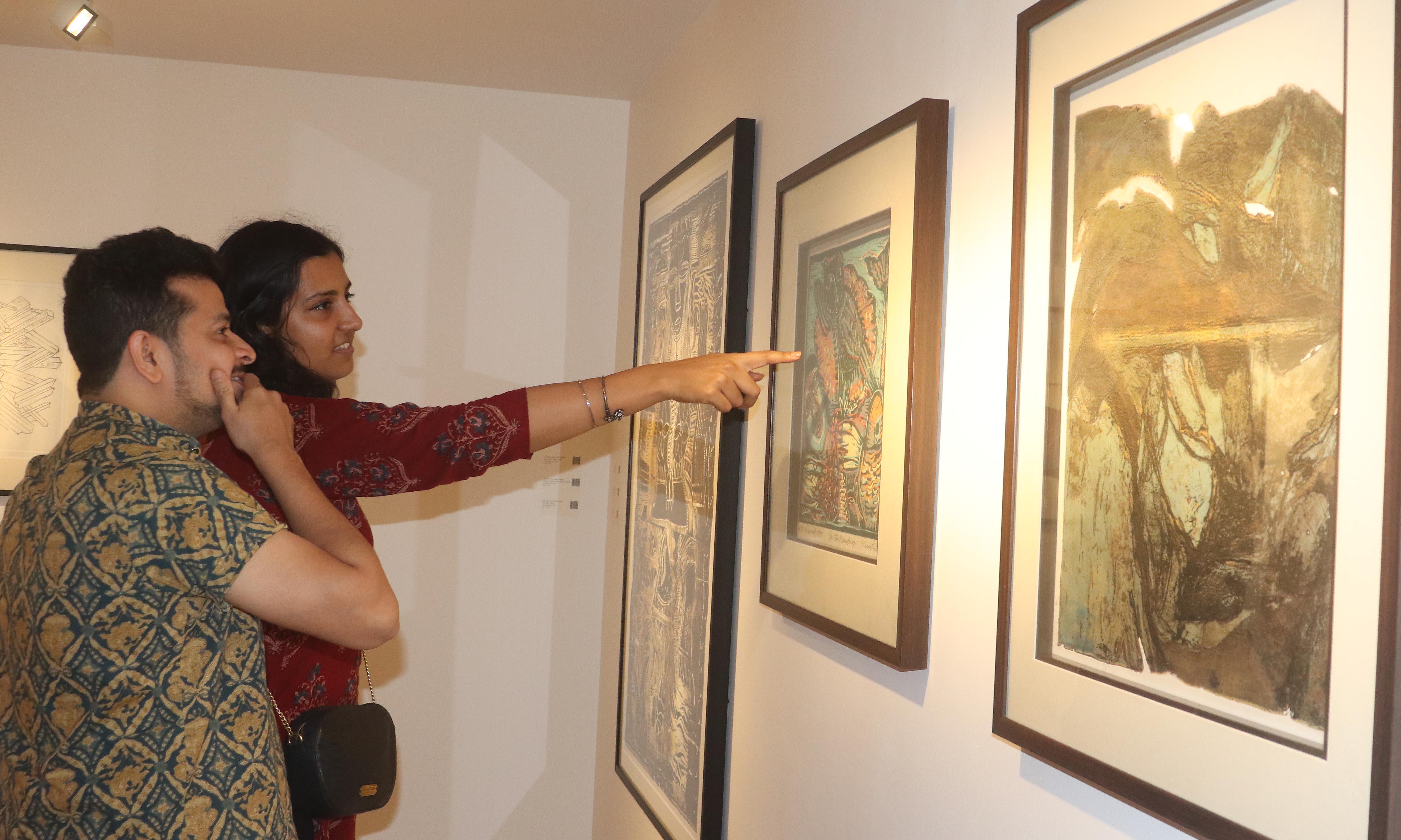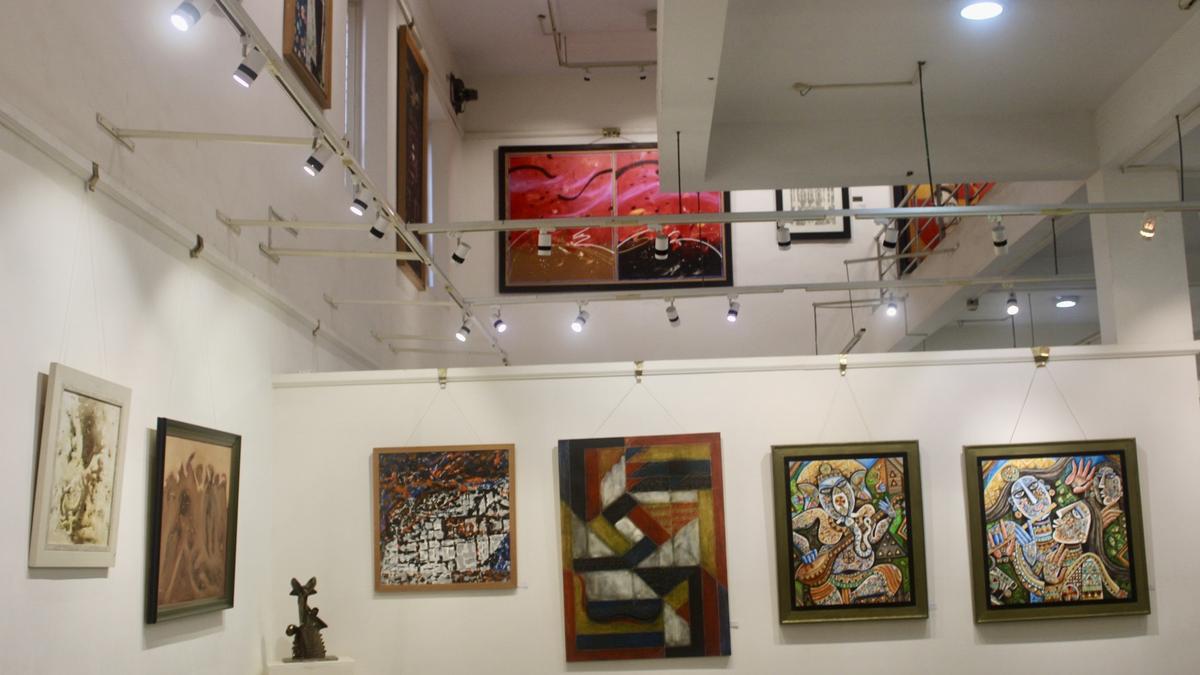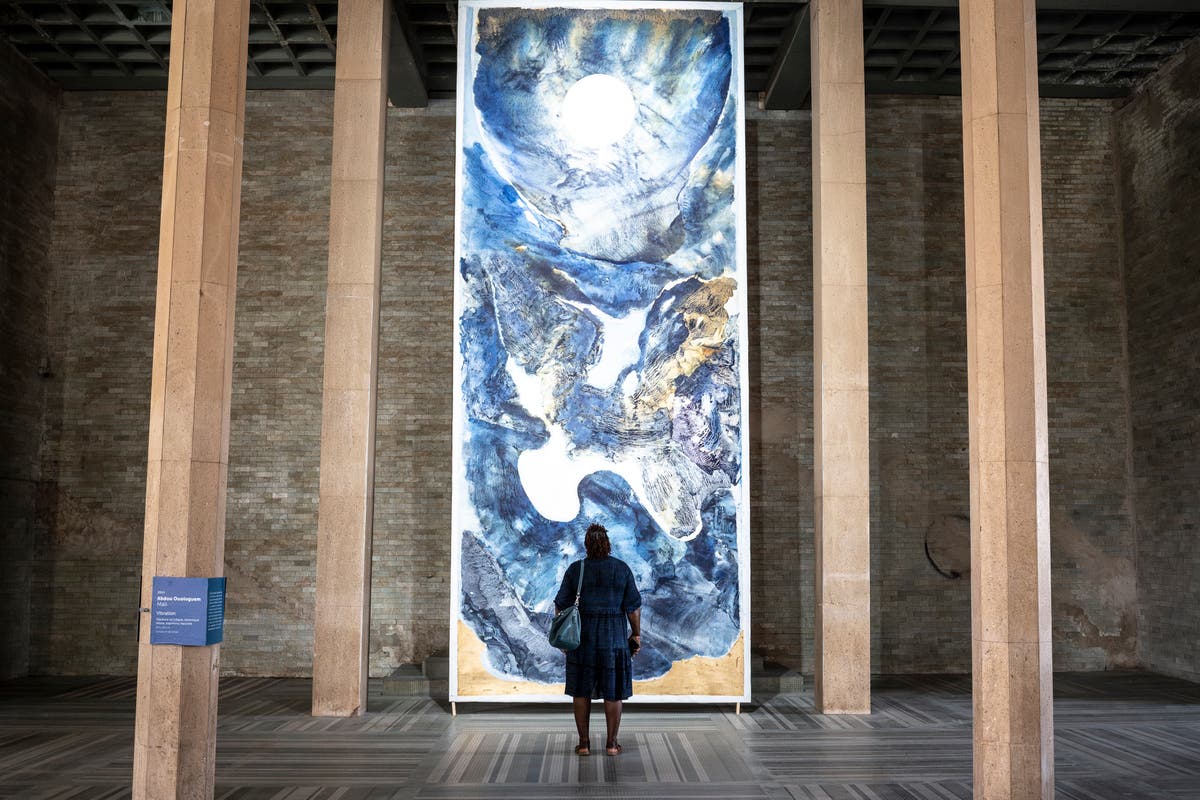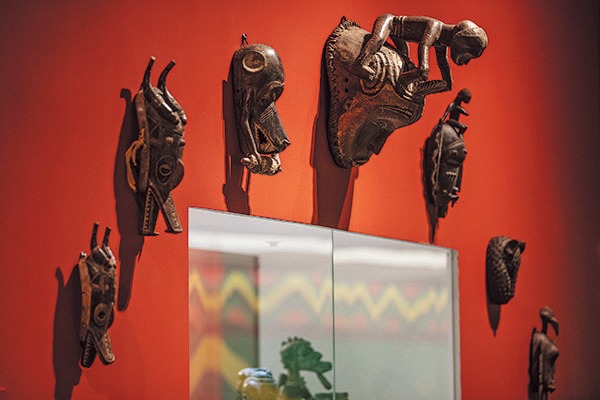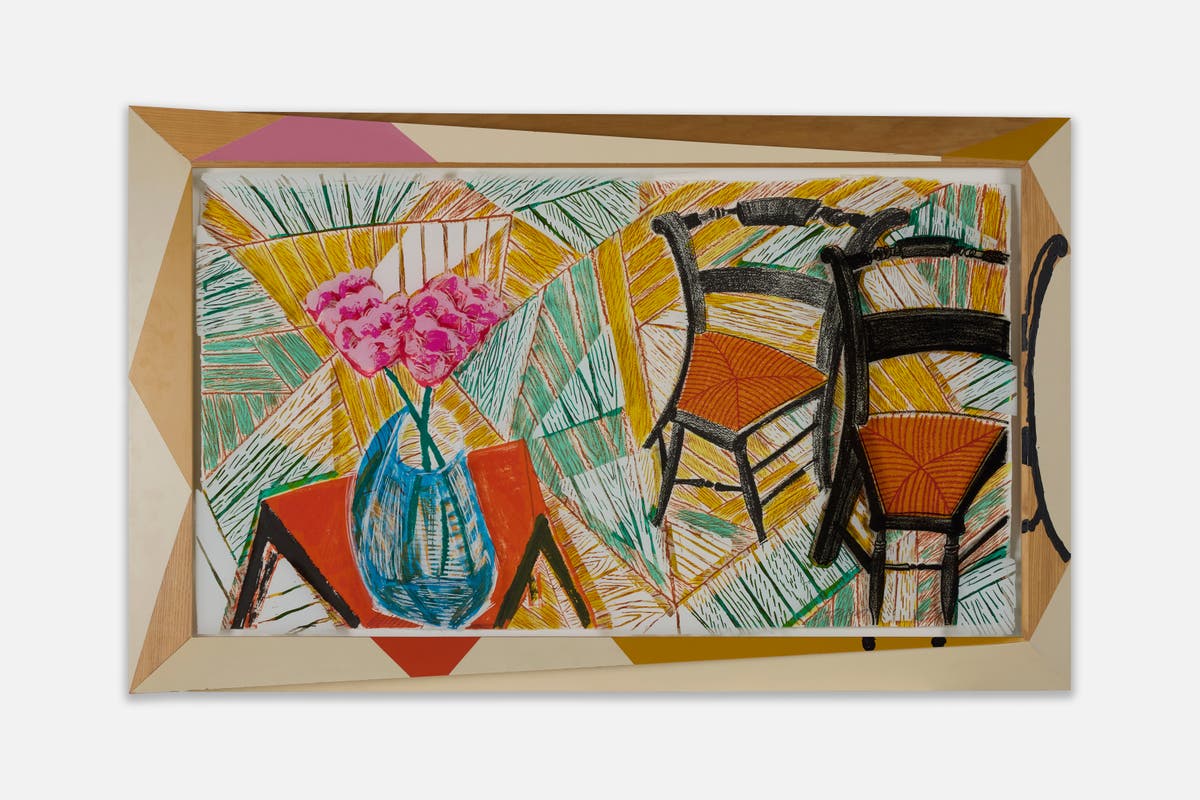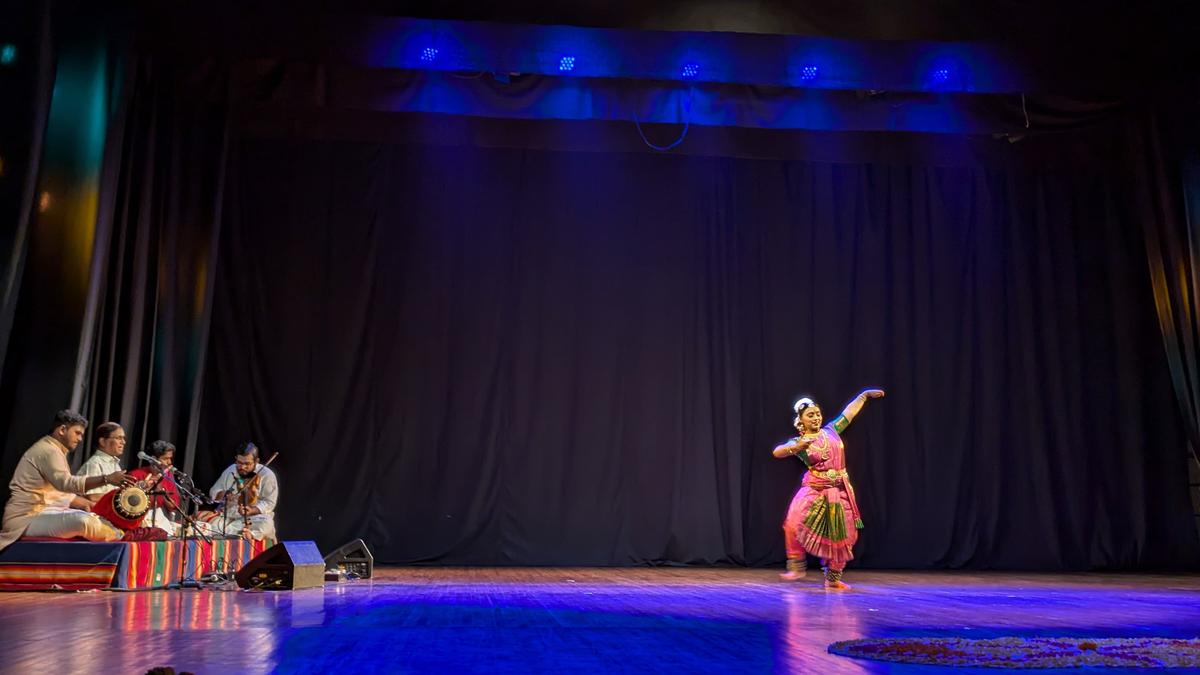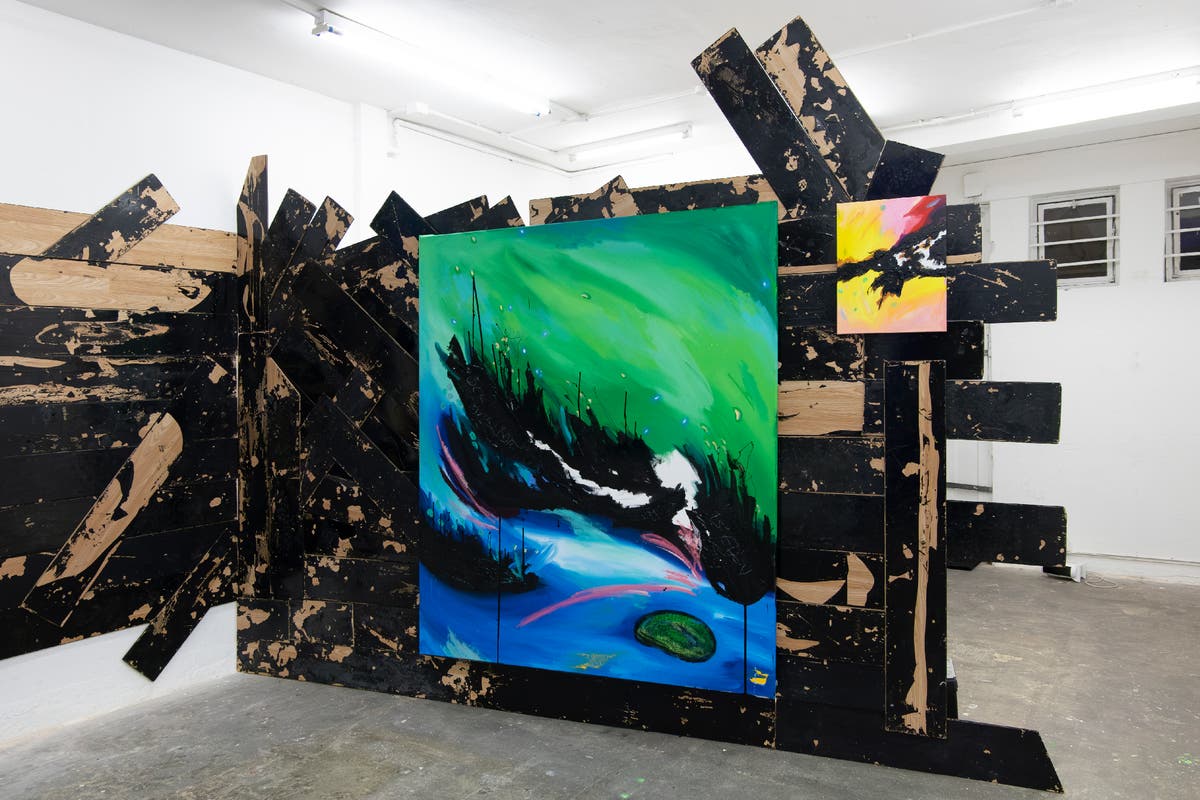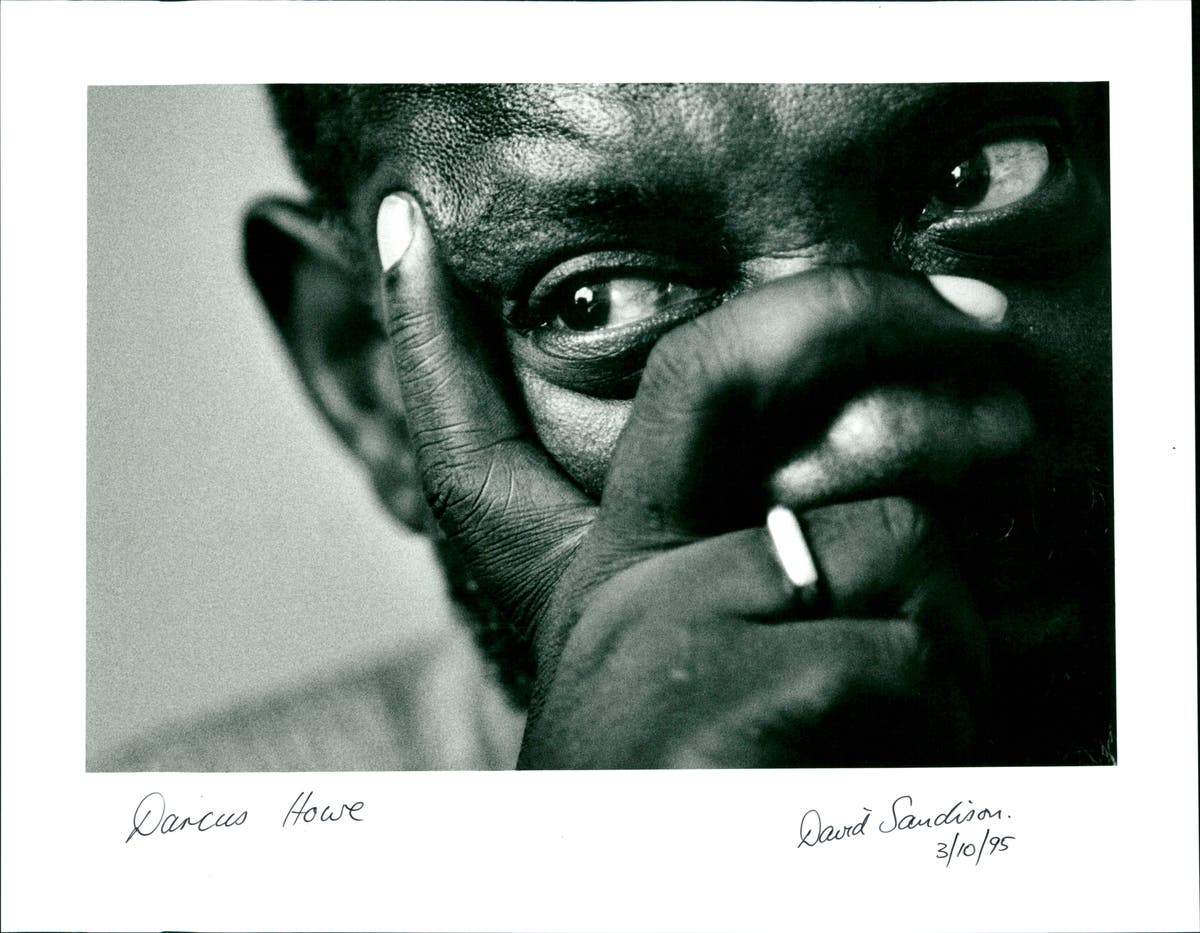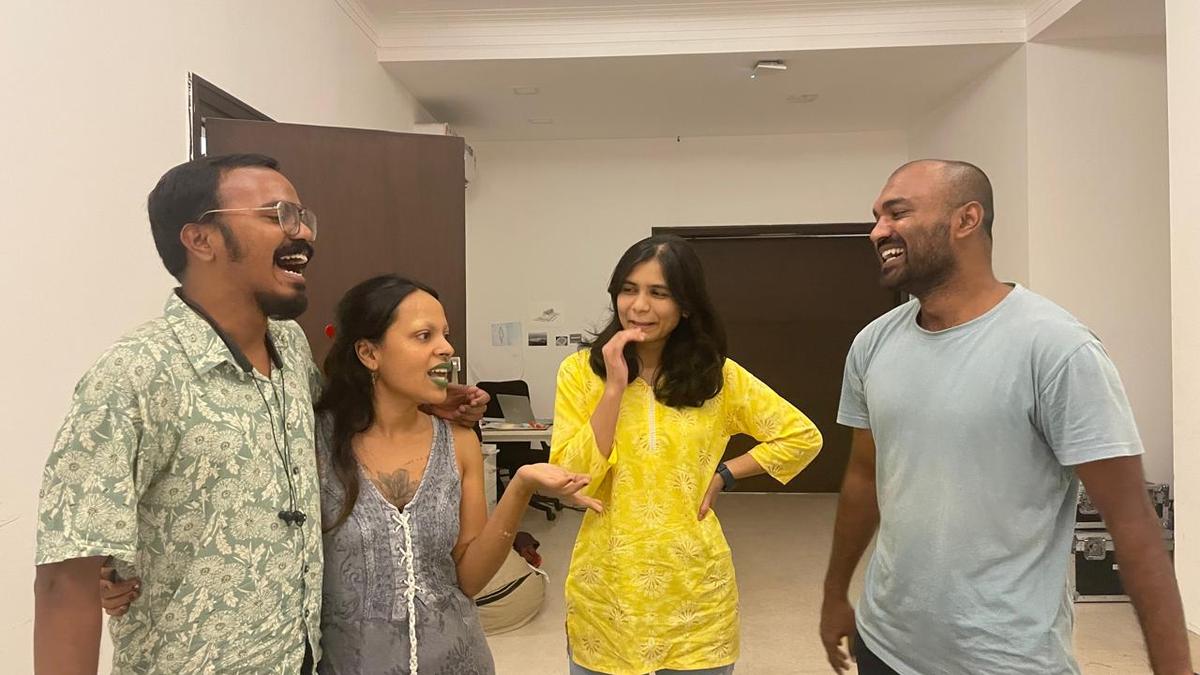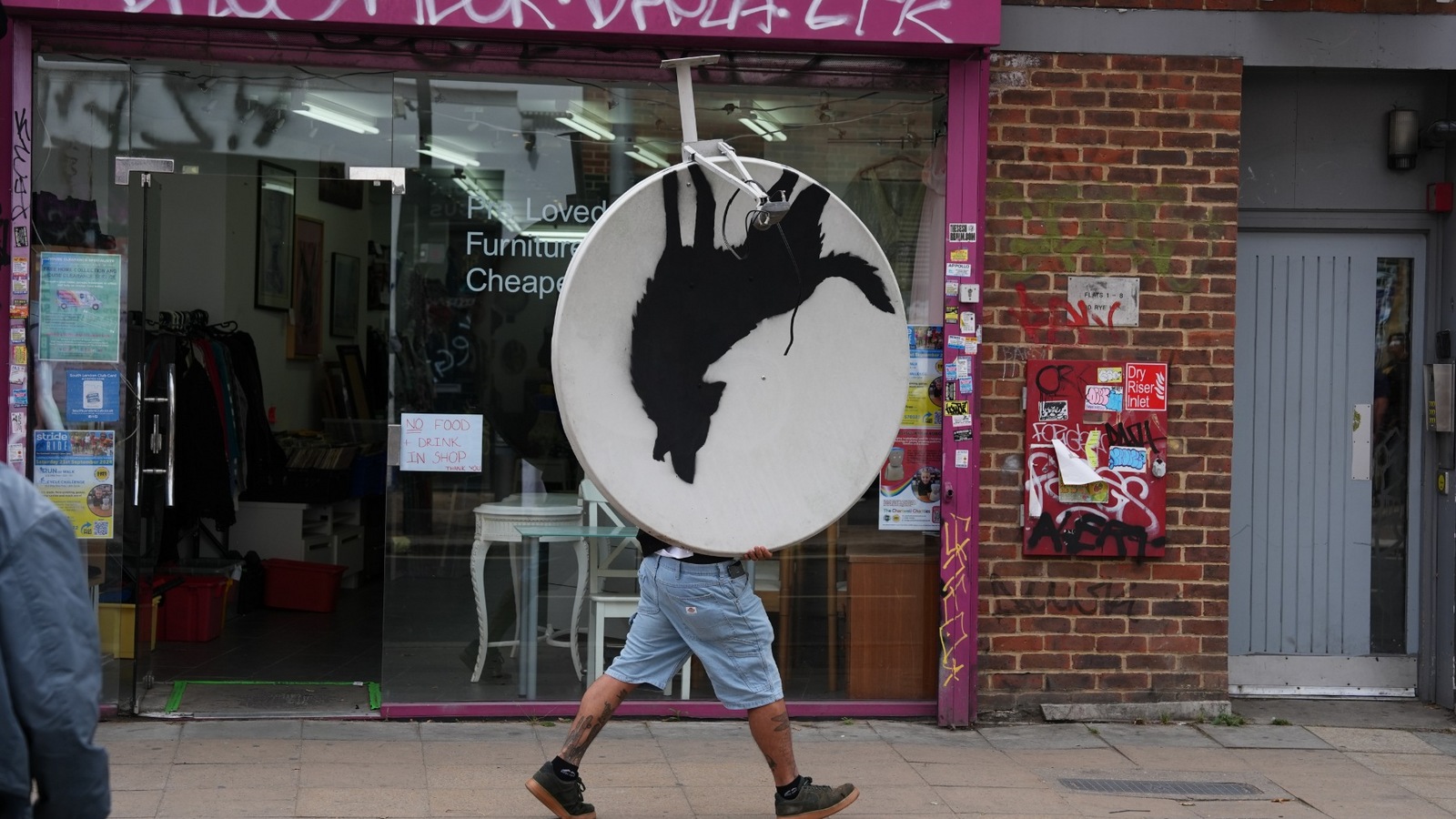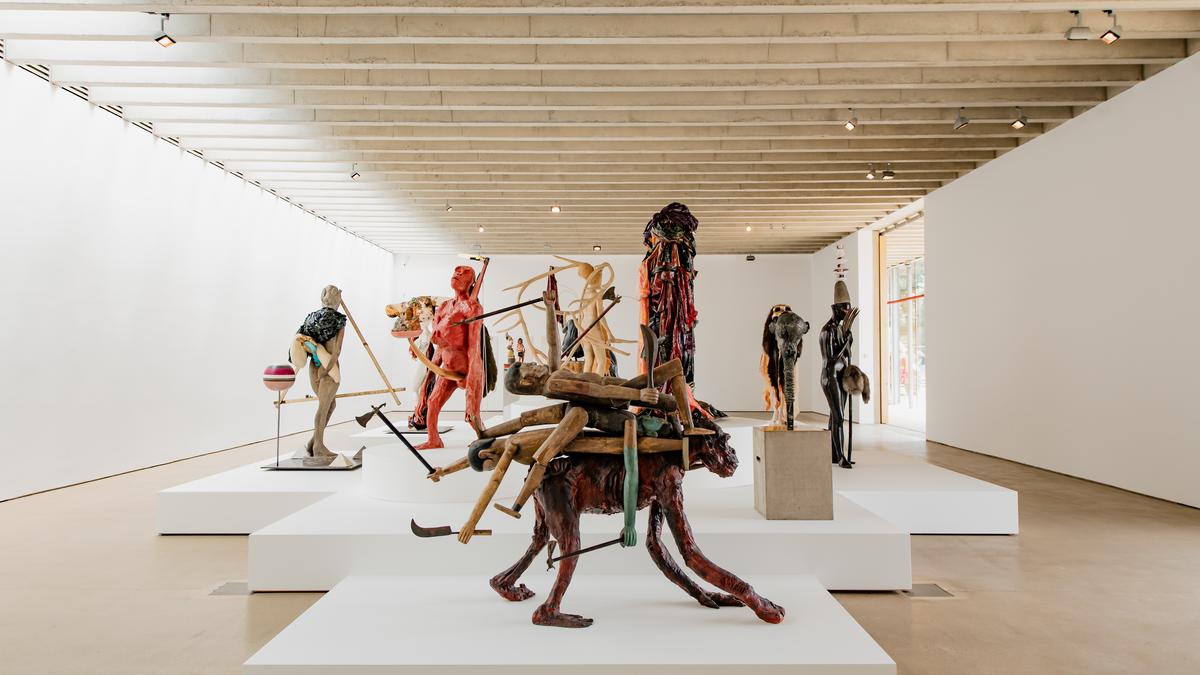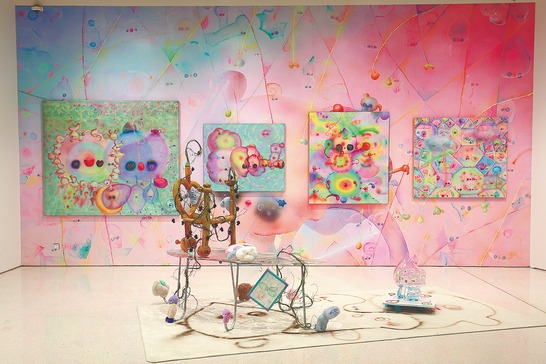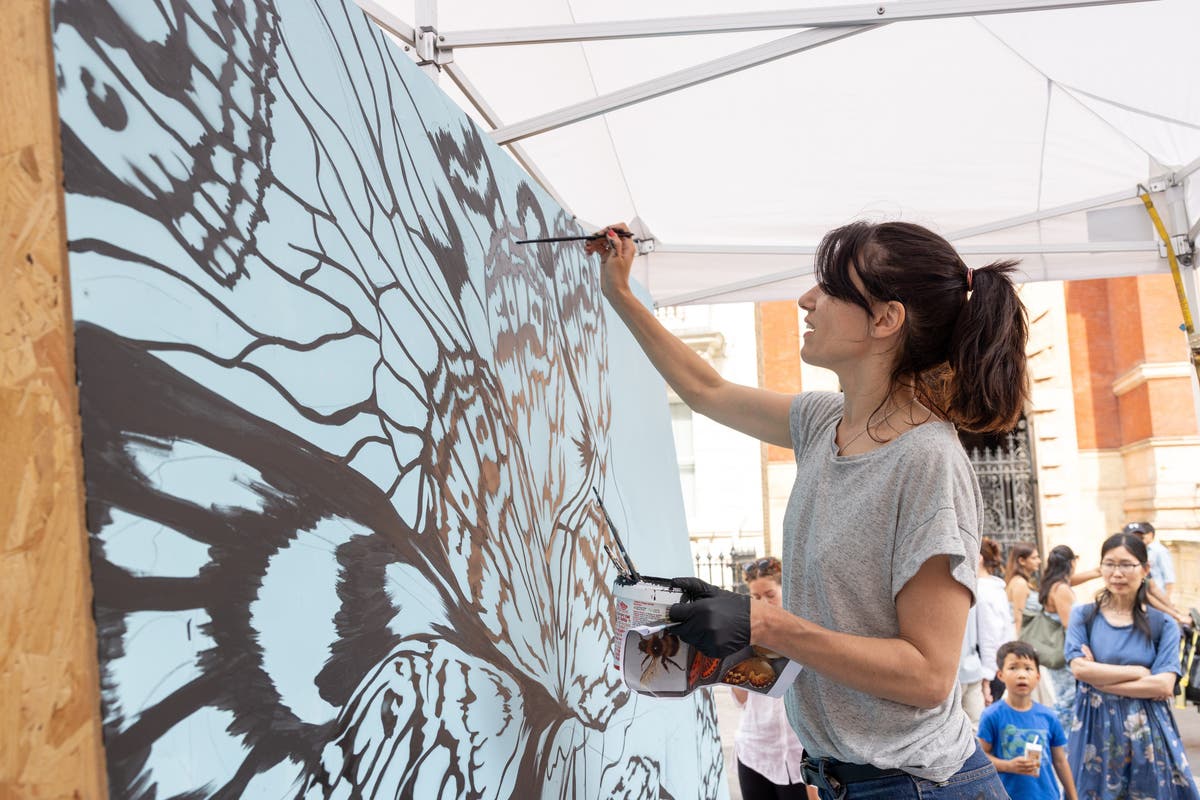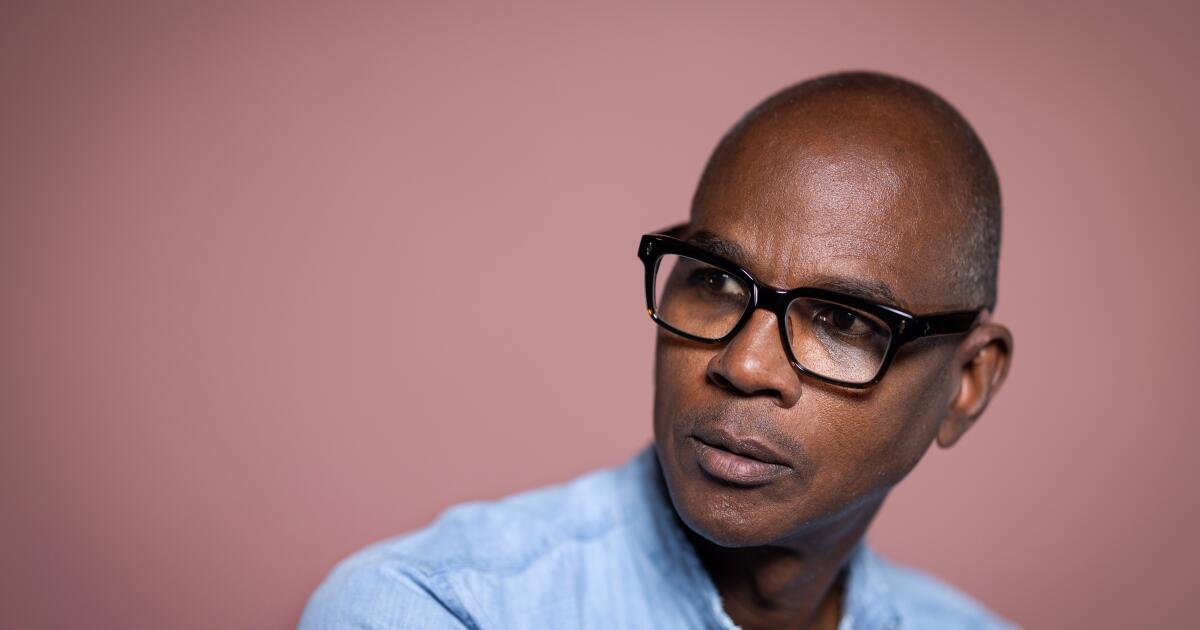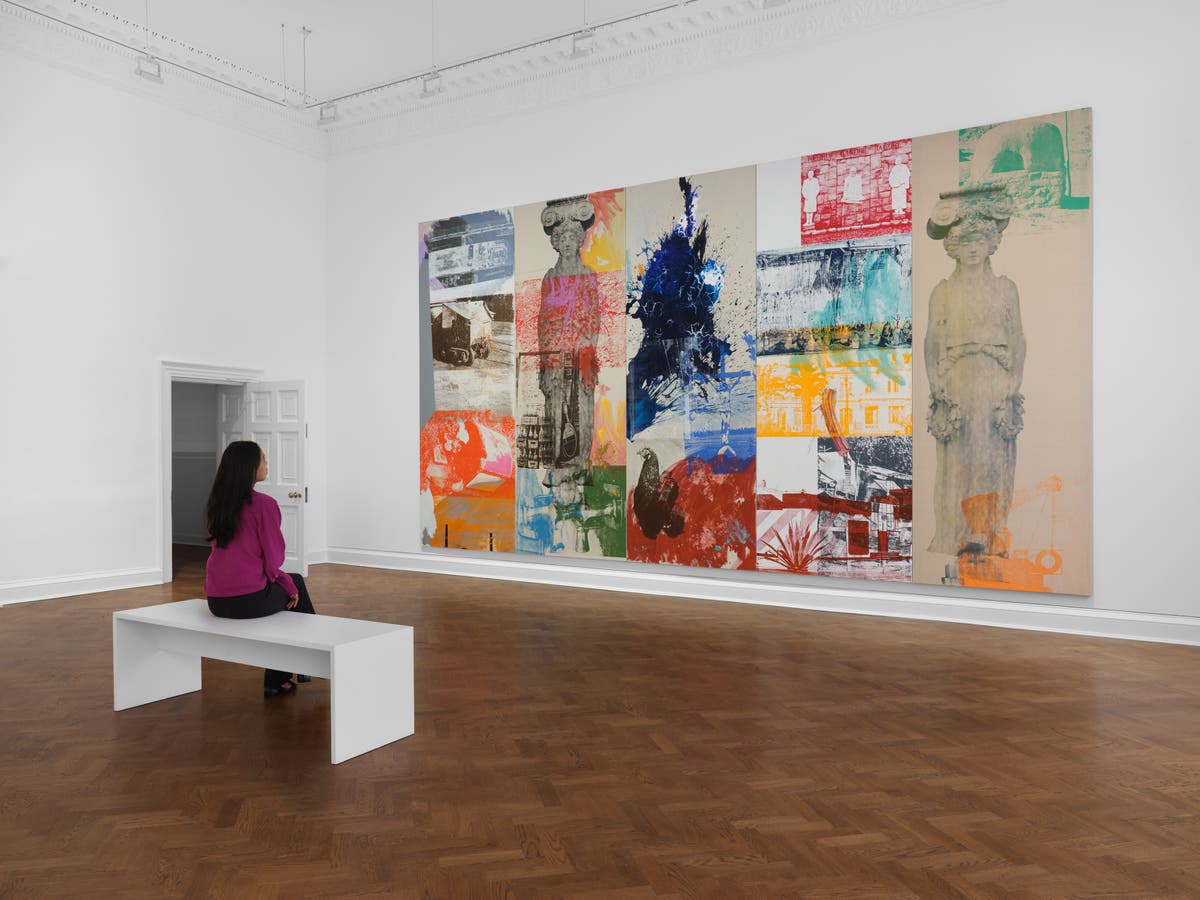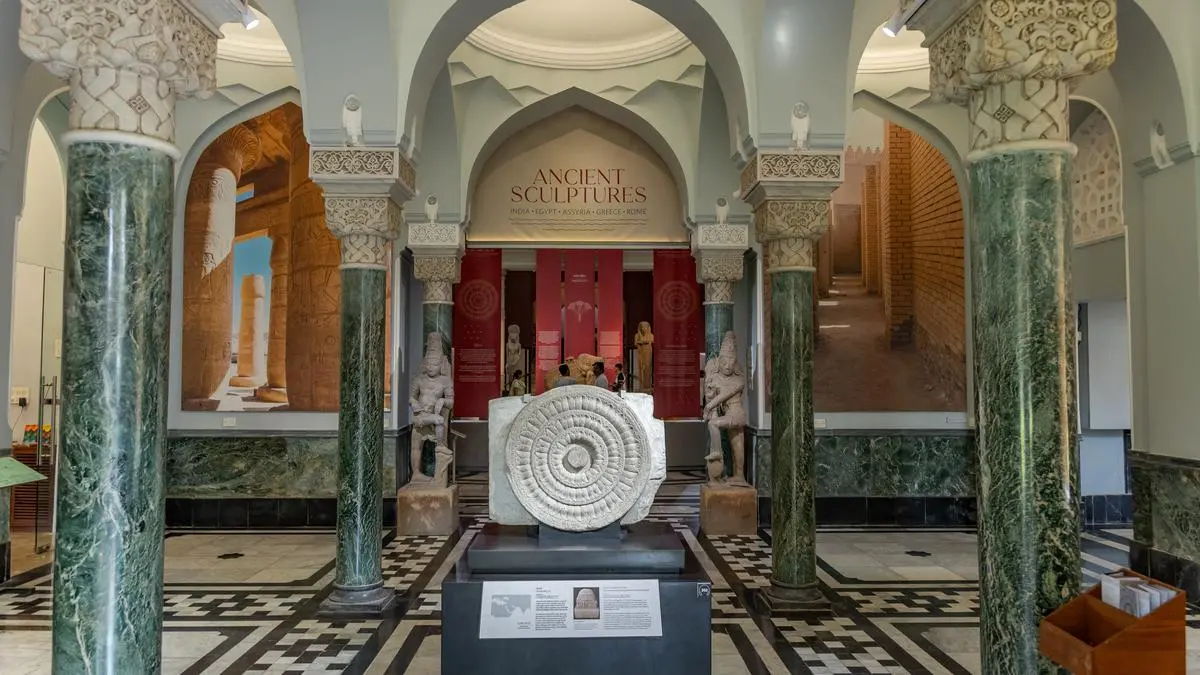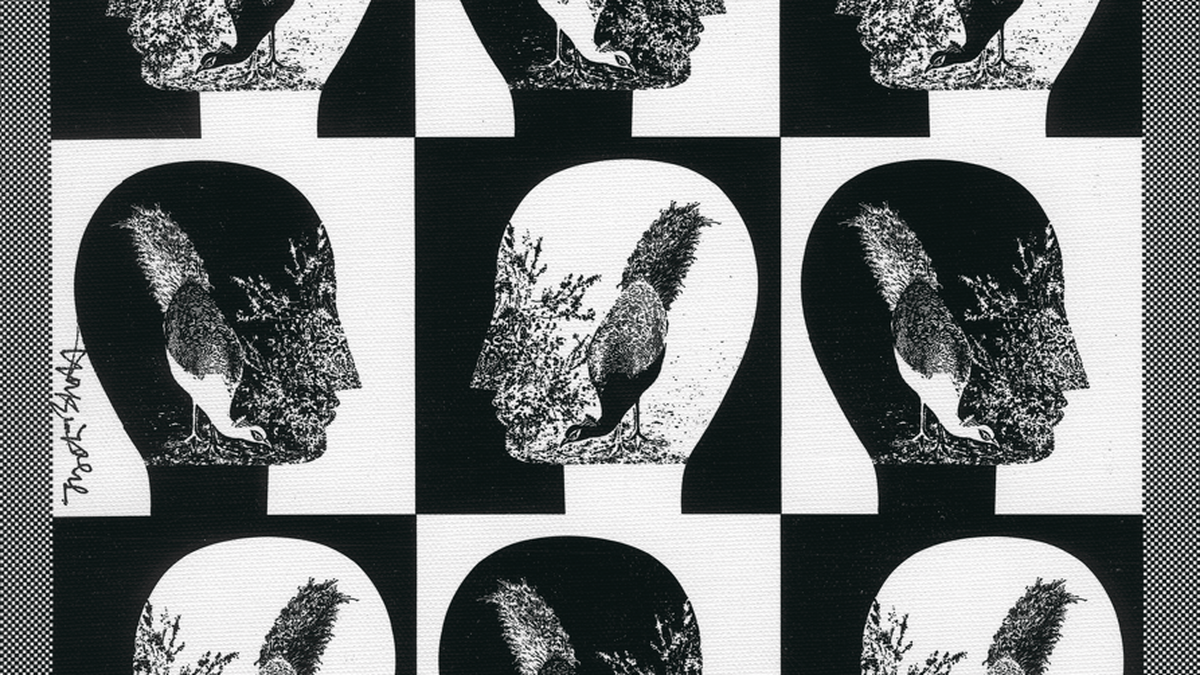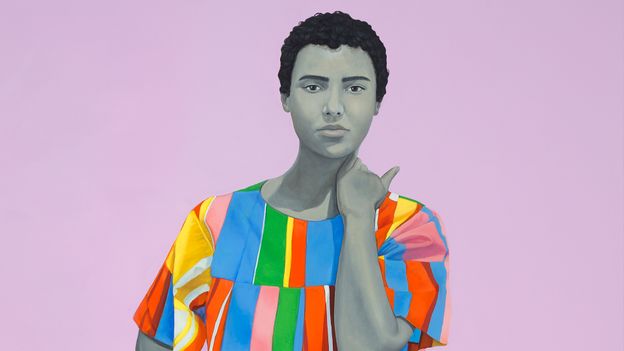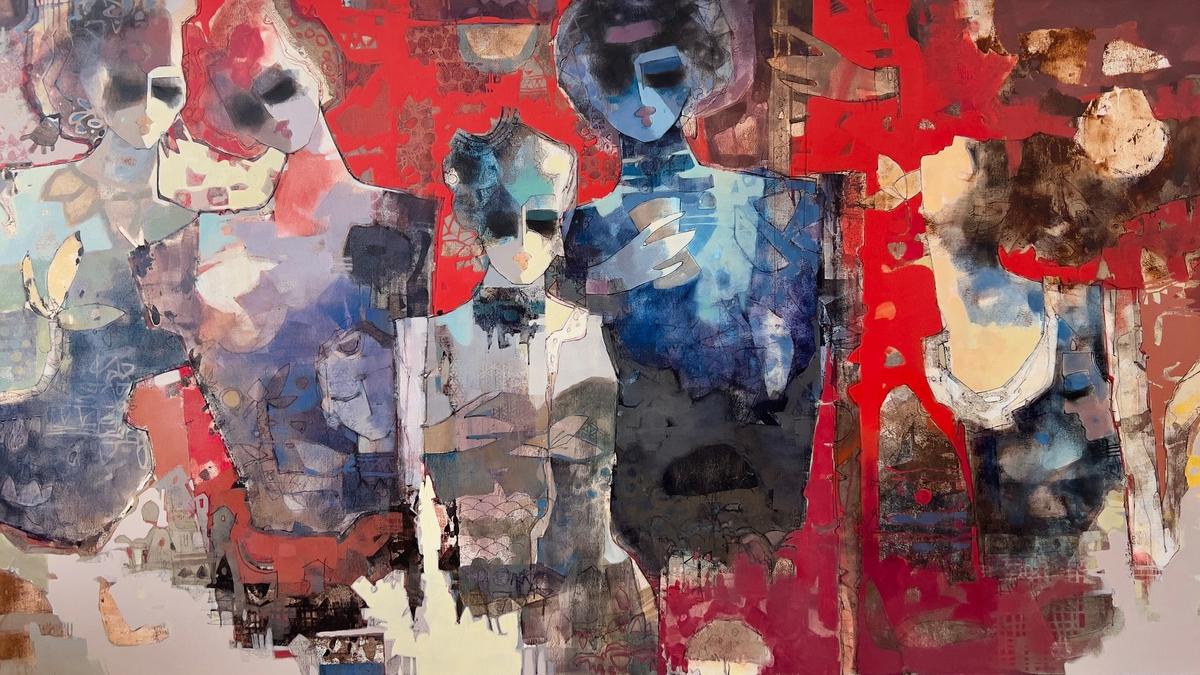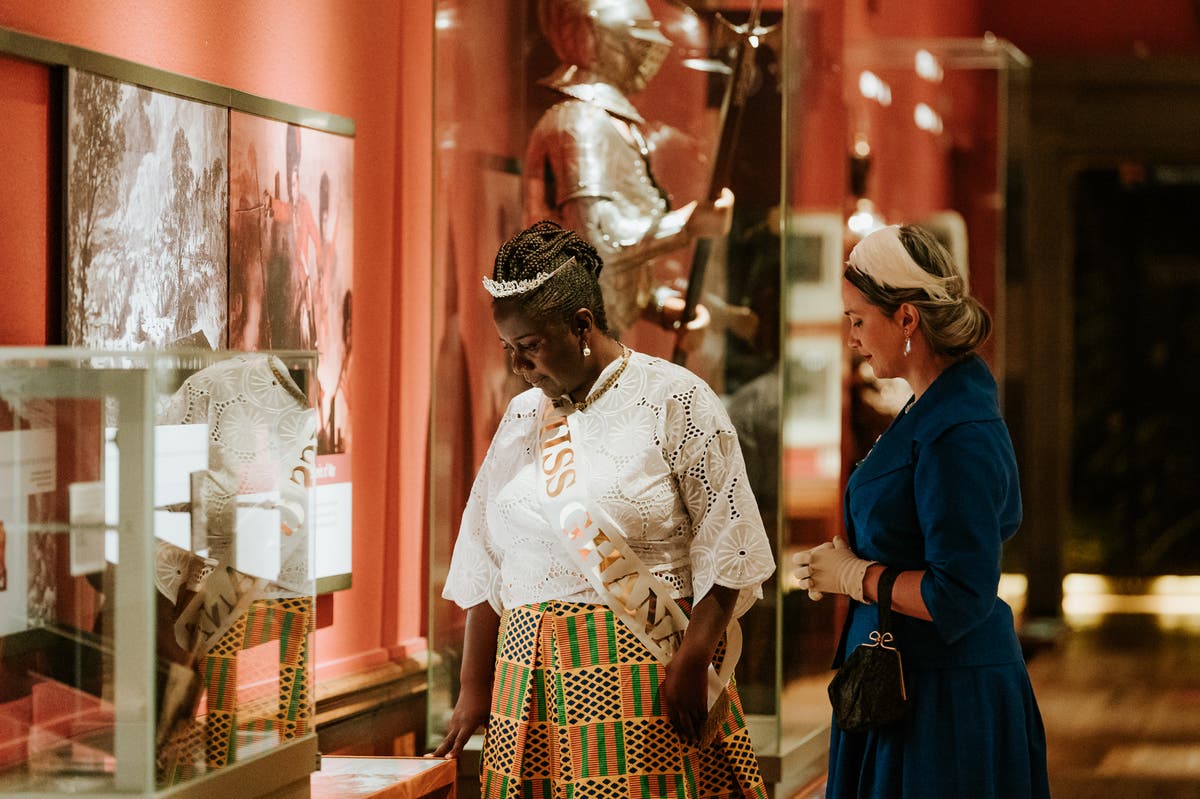
New exhibition explores black artists’ cultural influence in Scotland
The IndependentGet the free Morning Headlines email for news from our reporters across the world Sign up to our free Morning Headlines email Sign up to our free Morning Headlines email SIGN UP I would like to be emailed about offers, events and updates from The Independent. The exhibition includes the work of Barbadian-Scottish film director Alberta Whittle, who lives and works between Glasgow and Barbados; Maud Sulter, an award-winning artist and writer of Scottish and Ghanaian heritage who lived and worked in the UK; and Glasgow-based artist and DJ Matthew Arthur Williams, who has self-published a number of artist books and whose work was displayed at Edinburgh Art Festival last year. Also featured in the display are: Donald Locke, a Guyanese-born artist and sculptor whose art is included in various collections, including the Victoria and Albert Museum in London; Aubrey Williams, a Guyanese-born artist who travelled to Britain in 1952 to study painting and was also a founding member of the Caribbean Arts Movement in the 1960s; artist and researcher Lisandro Suriel, whose project Ghost Island explores the identity of slave descendants who traversed The Middle Passage during the Trans-Atlantic Slave Trade; and Ajamu, whose work centres on his sexuality and explores the stories of those in the LGTBQ+ community, particularly black men. Jenny Waldman, Art Fund director, said the fundraising group is “delighted” to support the new acquisitions for GoMA, adding: “This exhibition brings together an important group of works by black-Scottish artists working from the 1960s until today, shining a light on their significant contribution to the country’s cultural landscape.” Katie Bruce, of GoMA, said the exhibited artwork has “amplified the work” of black artists in Glasgow Life Museums’ collection. “I am also grateful to all the artists, artist estates, collaborators, colleagues, Art Fund and particularly Mother Tongue who have made AfroScots possible, despite the pandemic.” A spokesperson for Mother Tongue said: “The archival and collection-based research that preceded this project largely took us to research materials based, even displaced, outwith Scotland.
Discover Related

